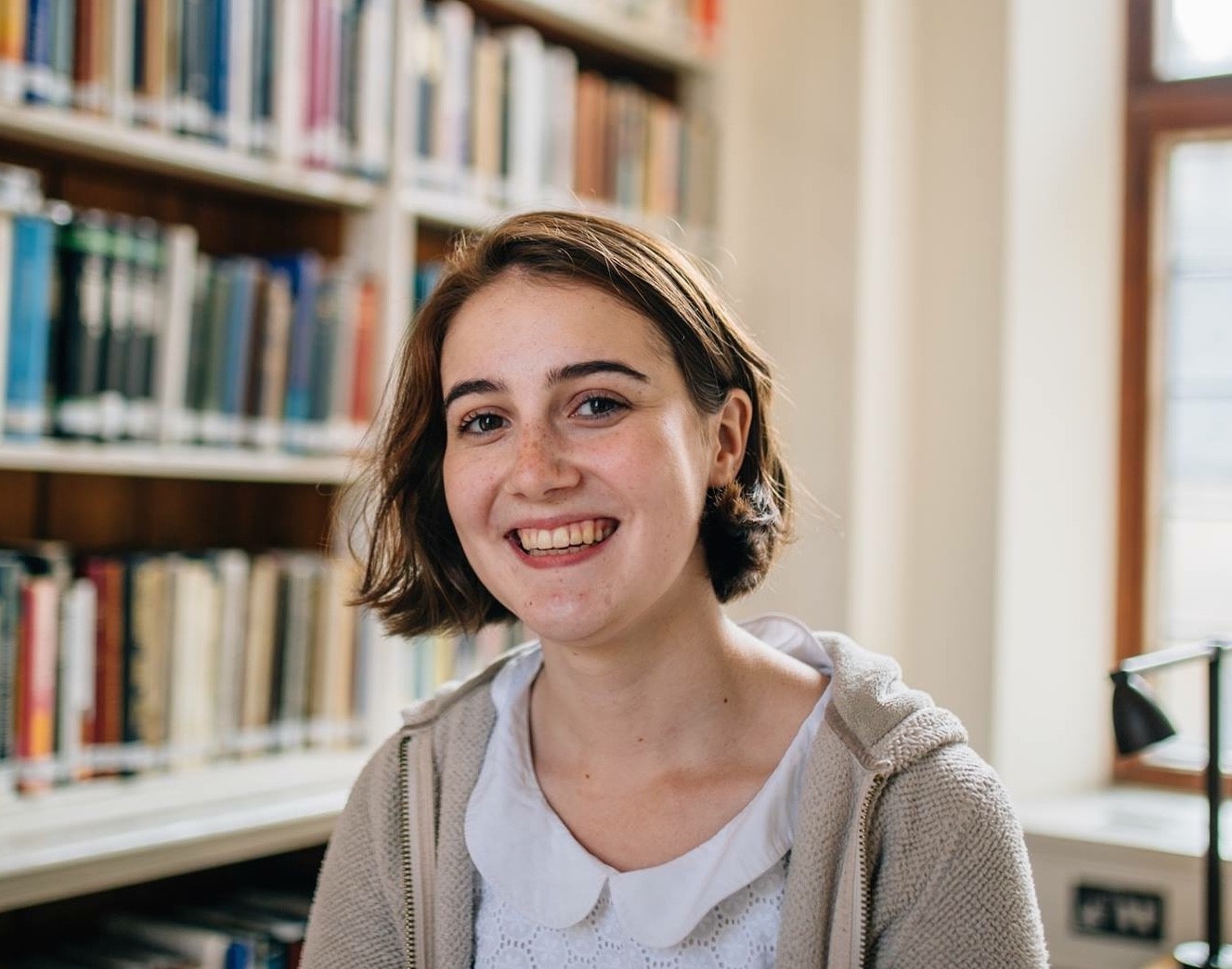 I spent the month of July neither on a Mediterranean beach, nor even back home in Ireland, but mainly in a very cold room called the Archives Processing Area. I was working in the Bodleian library (the University central library, which has 12 million books), reorganising and recataloguing the archives of the war poet Wilfred Owen, and despite the difference of more than 10 degrees between the air conditioning inside and the heatwave outside, it was a really enjoyable and rewarding experience.
I spent the month of July neither on a Mediterranean beach, nor even back home in Ireland, but mainly in a very cold room called the Archives Processing Area. I was working in the Bodleian library (the University central library, which has 12 million books), reorganising and recataloguing the archives of the war poet Wilfred Owen, and despite the difference of more than 10 degrees between the air conditioning inside and the heatwave outside, it was a really enjoyable and rewarding experience.
I found out about this opportunity through the University Careers Service and their internship programme. As an English student, the chance to get to grips (literally) with the materials we study was exciting, and I decided to apply. The Careers Service helped my perfect my CV and cover letter, and then I was invited to an interview. I found out on the same day that I got the position.
With the help of my two supervisors, Judith and Matthew, I completed the project over the course of four weeks, processing and cataloguing around 70 boxes of manuscripts, letters, newspaper cuttings, photographs and objects. Seeing Wilfred’s revisions of his poems, often inserted into letters to his brothers and cousins, as well as the work of his brother Harold in preserving these documents after his death, brought me very close to the Owen family and to Wilfred’s poetry.
Highlights included handling a manuscript of ‘Dulce et Decorum Est’, Wilfred’s baby photos, and during my last week, best of all, a lock of his hair. I found this hair inside a tiny cardboard box inside his mother Susan Owen’s jewellery box. It was one of the most moving discoveries within the collection, both enticing and a little repulsive. But the manner of preservation was fascinating, too. The hair had originally been labelled in the envelopes and box by someone with a cursive hand, most likely Susan Owen herself, who would have been the one to cut Wilfred’s hair. The pencil marks had somewhat faded away, but one of the envelopes read ‘The hair of Sir Wilfred Edward Salter-Owen at the age of 11 ½ months in the year 1894’ For Susan, then, this was the act of a proud mother, keeping a memory of her son’s early years, to look back upon when he was older. But the cursive pencil writing is overshadowed by the characteristic small capitals in ink of Harold Owen. Harold labels the box as ‘The poet Wilfred Owen’s hair’. He displays an entirely different motive - to preserve the remains of a well-known literary figure. The object’s purpose and identity has been altered by the motives of its various owners. And I was very aware that my role in labelling and cataloguing the object wasn’t neutral, that I played a part in deciding the identity of the object.
The experience gave me an insight into the work of archivists, and has made me seriously consider archival work as a career. But it also showed me the ways in which the work of archivists and the editors who consult these archives shape the books we buy and read and study. Any edition of Wilfred Owen’s poetry works in dialogue with these objects: cutting parts, enhancing parts, making the writer’s squiggles comprehensible. For literature students, this is a crucial realisation - the texts we take for granted are mediated, an entirely separate cultural production from the sources they represent.
This new technological era presents both challenges and opportunities for archivists. On one hand, the practice of letter-writing is a dying art, and how can we ever preserve snapchats which dissolve as we open them, or emails which delete after 30 days? But on the other hand, we are leaving more traces of our personal lives than ever before. If Wilfred Owen had had Twitter, my job could never have been completed in a month. New forms of media require new forms of archiving and inhere new ethical considerations. But most of this essential work will be done by archivists hidden away in the Weston, unrecognised by most of the students two floors down in the reading rooms.
By Laura Hackett (Second Year English Student)
